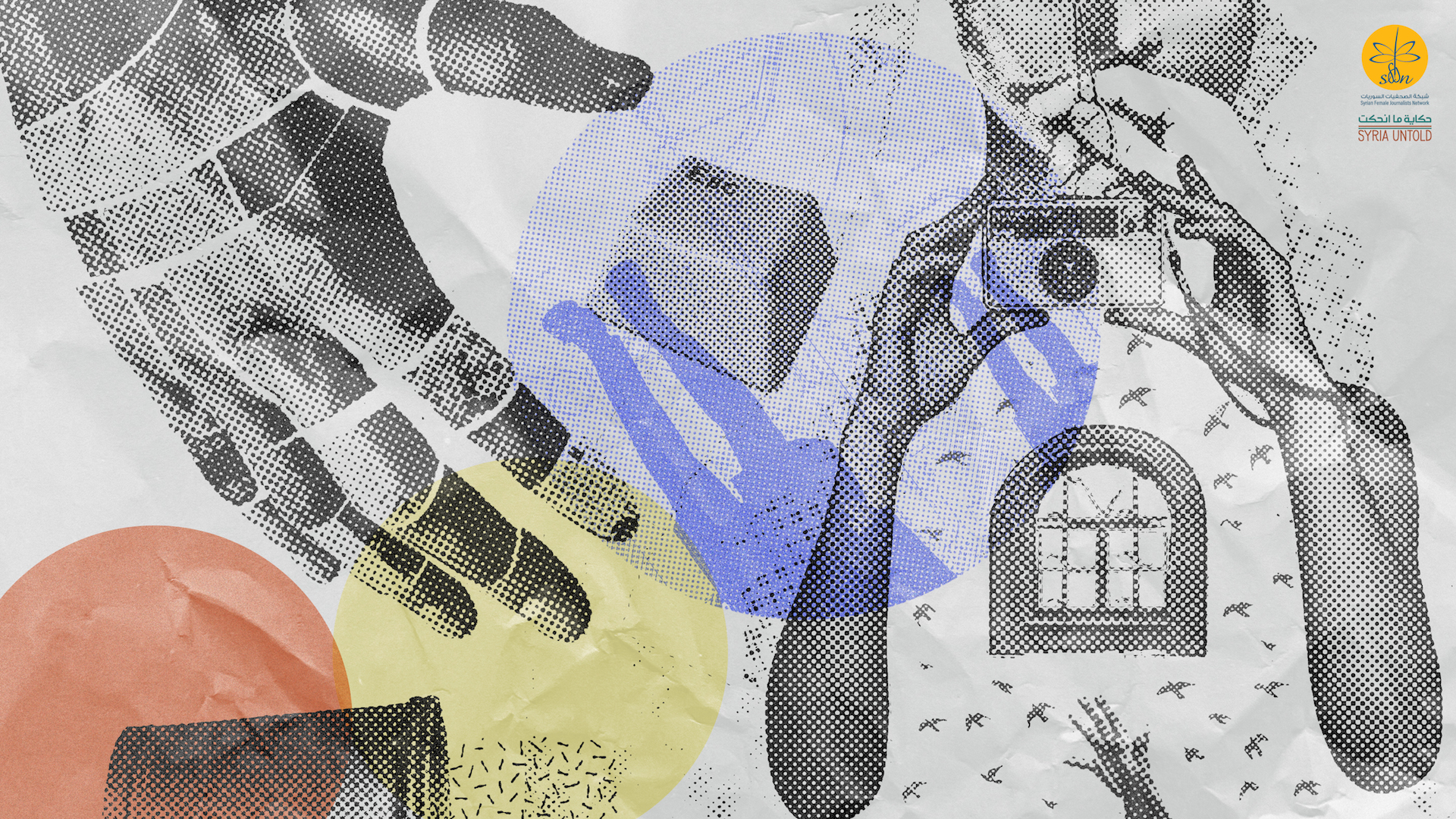In plain sight (Harper’s)
“Al-Bunni found it difficult to grasp that he was no longer in Syria. When speaking on the phone with a colleague or former client, he’d find himself wanting to ask, ‘Will you come visit us in Damascus?’ He often thought of Café Havana, in the center of the city, a spot popular with artists and intellectuals where al-Bunni would gather his lawyer friends to work through the cool winter days. Spring brought to mind the floral scent that infused eastern Ghouta, a swath of countryside near the capital, as the season’s first pale-pink roses bloomed on its hills.
The drama queen of quarantine
23 June 2020
In Germany, refugee women face obstacles but retain legal support
04 June 2018
Berlin, by contrast, felt foreign and cold. Al-Bunni mostly kept to himself. He knew only a handful of Syrians in the city, all distant acquaintances from Damascus. But one winter morning, when al-Bunni and Issa were walking in the courtyard, al-Bunni noticed a man whose gaze was fixed on him.”
Coronavirus cases suspiciously low in Syria, but new uptick is spurring the government to act (The Washington Post)
“The tally of reported infections in government-held areas of Syria remains very low, with fewer than 500 registered cases and at least 25 deaths, mostly in the capital, Damascus, and surrounding countryside. But a recent uptick in cases has prompted alarm among citizens and officials alike, especially as small clusters have started appearing among medical workers.”
Syria’s elections have always been fixed. This time, even candidates are complaining (The Washington Post)
“Allegations of fraud, ballot-stuffing and political interference have been leveled by losing candidates. Eyebrows have been raised at the large number of votes cast despite accounts from witnesses that turnout was low. Some candidates complained that their names had been inexplicably struck off the ballot paper at the last minute to make way for regime favorites.
Among them was Sendos Mawardi, who found out hours before the vote Sunday that her name had been replaced by that of Hussam al-Qaterji, one of the newly rich business executives, whom the European Union placed under sanctions for smuggling wheat and flour on behalf of the regime.”
What is the future of the UN in the age of impunity? (The Guardian)
“We are, in the words of David Miliband, CEO of the international rescue committee and a former Labour foreign secretary, ‘living through the age of impunity.’
‘Anything goes. And the law is for suckers. A time where war crimes go unpunished and the laws of war become optional. A time when militaries, militias, and mercenaries in conflicts around the world believe they can get away with anything, and because they can get away with anything, they do everything,’ he said.
Syria acts as exhibit A to illustrate Miliband’s point.”
Will Syrian rebels kill each other in Libya's proxy war? (Al-Monitor)
“In ‘The Return,’ Hisham Matar’s haunting 2016 memoir about seeking to uncover his missing father’s fate in the hands of the late Libyan dictator Moammar Gadhafi, the author pays tribute to a cousin who fought valorously in the North African nation’s 2011 revolution. Following Tripoli’s liberation in August 2011, Hamad traveled to Syria to help like-minded revolutionaries there overthrow their own ruthless strongman, Bashar al-Assad.
Nine years on, Syrian rebels are streaming into Libya. But their motives are decidedly different. They are going for the money.”







